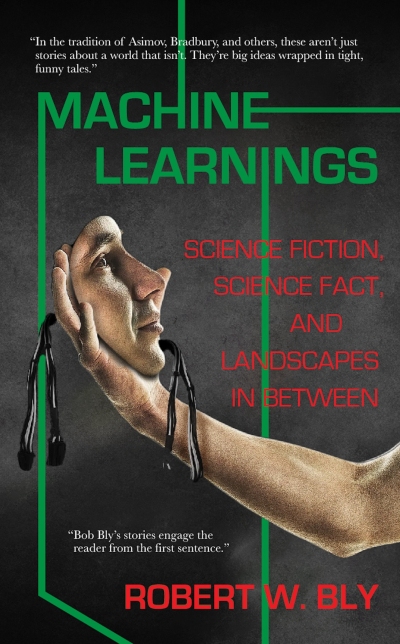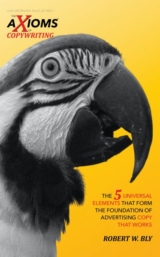Two important writing principles which some people are not aware of are
- “information density”
- and “selectivity.”
Information density refers to the number of points, facts, and amount of data presented per page of copy.
Selectivity means it’s important to know what to leave out, not just what to include in your document.
When information density is too high, it can make text difficult to plow through.
Lack of selectivity can contribute to information density; it can also make your writing too wordy.
So how do you decide whether to include or omit a given fact or data point?
Here are 5 criteria — and the more of these criteria a piece of information meets, the more readily you can include it in your document:
>> It’s necessary … Is it nice-to-have content or must-have content?
>> It’s useful … the information either supports your main argument, aids in understanding, or proves your thesis.
>> It’s persuasive … it contains logic, data, statistics, test results, testimonials, and other content that persuades readers that what you say in your copy is true.
>> It’s instructive … it contributes to the reader’s understanding of the advice, strategies, processes, and ideas you are trying to convey or teach.
>> It’s interesting … a fascinating or little-known fact about your subject that engages the reader’s interest, thereby increasing his enjoyment of your text.
On the value of selectivity, someone once asked Elmore Leonard how he made his novels so great.
“I leave out the boring parts,” Leonard replied.
—
Robert W. Bly is a freelance copywriter and marketing consultant with 3 decades of experience in business-to-business, high-tech, and direct marketing. He is the first AXIOMS EXPERT at Kallisti Publishing Inc.
Robert W. Bly’s Book Shelf
-
-
$8.00 – $14.00 This product has multiple variants. The options may be chosen on the product page
-
$8.00 This product has multiple variants. The options may be chosen on the product page



